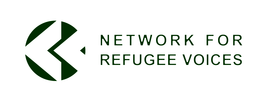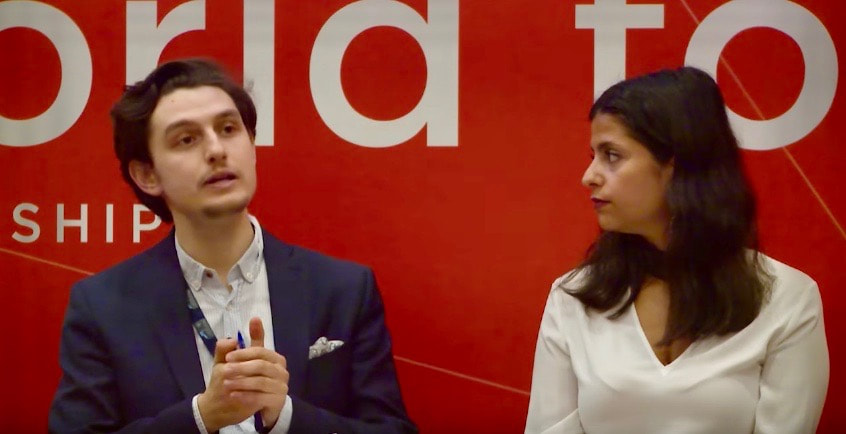|
The Skoll World Forum Session: ‘Refugees and Migrants: Economic and Social Integration’
In today’s increasingly harsh and divisive political climate, refugees and migrants are often portrayed by politicians as well as policy makers and sometimes even human rights advocates as a ‘burden’ for host states. This is accompanied by a reluctance to receive refugees and asylum seekers, with destination states in the Global North actively seeking to prevent such individuals from reaching their territory through visa regimes, carrier sanctions, offshore detention and pushbacks and pullbacks at sea and on land. But what if the narrative moved away from this? What if refugees and migrants were viewed as being of great value to host states and their communities by providing cultural and social diversity, creating new jobs and businesses, and bringing a much-needed economic boost? Surely this would improve both the lives of refugees and migrants as well as the host communities themselves? These questions were canvassed in yesterday’s panel discussion on Refugees and Migrants: Economic and Social Integration. The panel ‘walked the walk’ on the idea of inclusion, featuring two inspiring young leaders who are also refugees: Sana Mustafa, a Syrian refugee, and Salim Salamah, a Syrian Palestinian refugee, who are both Founding Members of the Network for Refugee Voices. Susan Myers, Senior Vice President of the United Nations Foundation opened the panel, highlighting its focus on ‘personal experiences, local solutions and more effective policy making’, which in doing so, ‘will make a strong business case that migrants are to be invested in and partnered with’ and outline a model that ‘starts with the power of proximity that brings people together’. Effective Social and Economic Integration The presence of refugees and other migrants can be a win for host communities as well as the individuals themselves. Panelist Robert Annibale, Global Director of Inclusive Finance Citigroup Inc, encouraged us not to think of refugees as merely destitute, but as educated and skilled individuals full of potential. Uganda is often cited as the role-model for refugee integration through an approach that upholds basic rights, including the right to work, to attend school and move freely within the country. Refugees are also given land for resettlement and cultivation and can participate in training on running a small business. As Kelly T Clements, Timothy Shoffner and Leah Zamore highlight, ‘Uganda has chosen inclusion over marginalization’, which fosters self-reliance and resilience and empowers refugees to benefit their communities. The Ugandan approach also challenges the popular assumption that the presence of refugees takes jobs away from locals. A Refugee Studies Centre report referenced by panelist Premal Shah, Co-Founder and President of Kiva, shows that 40% of refugees who were employers created and provided work for Ugandan nationals. Read the full article.
1 Comment
|


